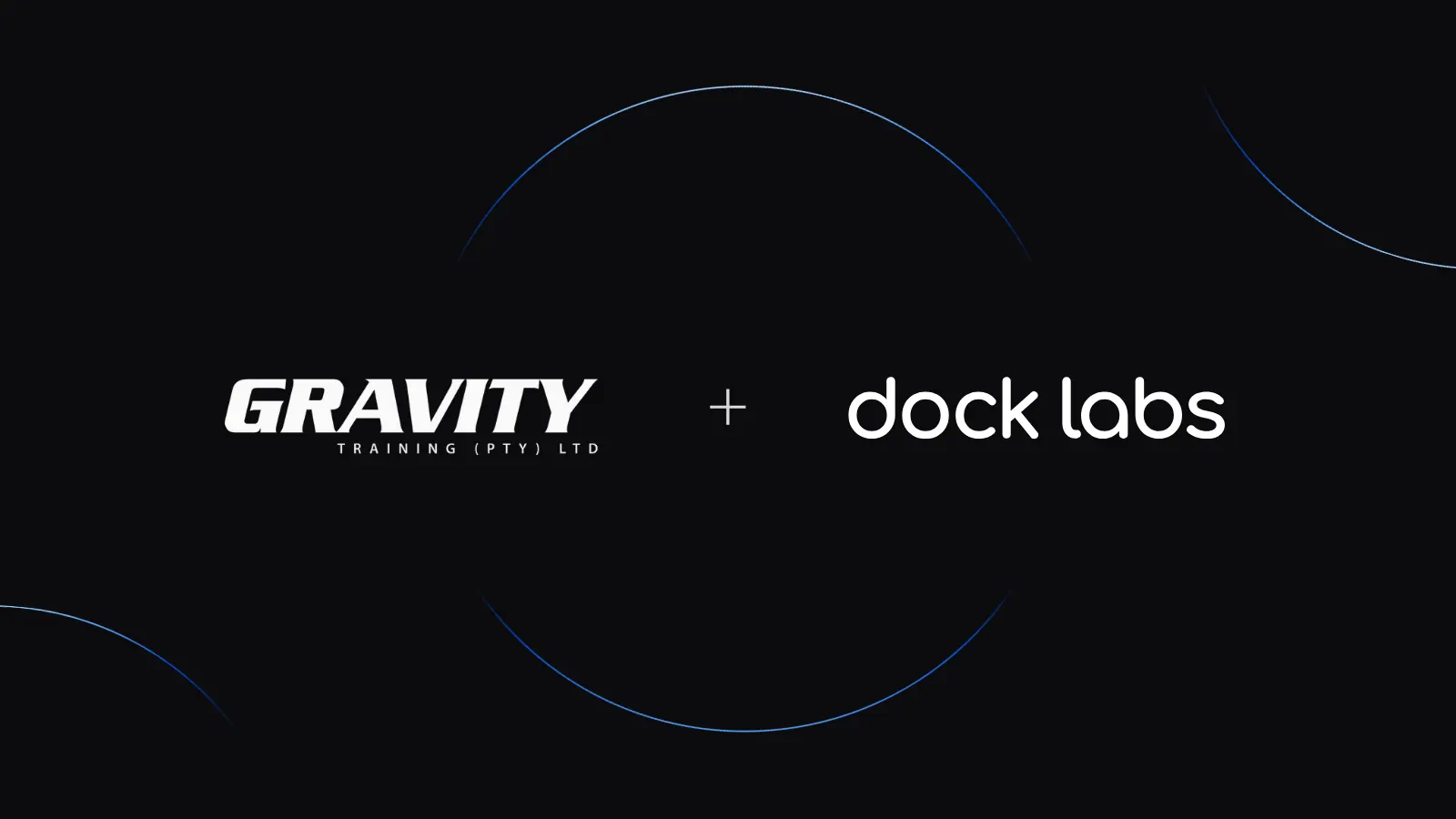Photoshopped Health & Safety certificates have become a dangerous liability in the high-risk construction industry.
For Gravity, a commercial work-at-height training provider operating across South Africa, Europe, and the Middle East, the stakes were too high to rely on outdated methods of trust.
In a field where mistakes can mean serious injury, or worse, verifying that workers have completed the proper training isn’t just a box to check. It’s a matter of life and death.
When Traditional Certificates Fall Short
Gravity’s role is to provide rigorous training and certification for workers operating in some of the most dangerous environments: at height, on construction sites, and in complex infrastructure projects.
Once a certificate was handed to the trainee, Gravity had no control over how it was shared, stored, or validated. That created risk not just for Gravity’s brand, but for the safety of the entire worksite. Paper certificates were easy to lose or forget, and validating them on-site meant pulling workers away from their jobs, which cost time and added friction to already high-risk environments.
The core problem wasn’t just fraudulent certificates. It was the inability to prove, in a trustworthy and scalable way, that someone had received the education they claimed.
Gravity needed a way to turn learning outcomes into lasting, portable proof.
Turning Certificates Into a Verifiable Assertion
By using Dock Labs’ verifiable credentials platform, Gravity transformed how it shares proof of training. Now, when someone completes a course, Gravity issues them a tamper-proof digital credential containing all the relevant training metadata: validity period, credential type, issuing authority, and more.
The trainee can present it directly to employers or regulators without the verifier needing to contact Gravity. Instead, they can instantly check the credential’s authenticity and integrity using cryptographic proofs.
No manual verification. No phone calls. No risk of fakes.
Trust That’s Portable and Verifiable
With verifiable credentials, Gravity gives its trainees portable, tamper-proof evidence of their qualifications. That means:
- Employers can trust credentials without needing direct integrations or access to Gravity’s systems
- Regulators can verify compliance in the field instantly
- Trainees can carry proof of qualifications across borders and job sites
- All while storing the certificates in the cloud so the users don’t need their mobile device
This is a major shift: trust is no longer centralized in a database, it travels with the individual.
Less Admin, More Assurance
Previously, Gravity spent significant time manually uploading certificates and responding to verification requests. Now, the issuance process is automated and scalable.
But more importantly, Gravity’s brand becomes a source of verifiable trust.
When a credential is issued under their name, it comes with cryptographic proof that it hasn’t been altered.
The Bigger Picture: Verifying Skills at Scale
Gravity’s move reflects a broader shift happening across industries that rely on proven skills and certified training.
Whether it’s safety education, workforce upskilling, or professional licensing, organizations are searching for better ways to issue and verify credentials without adding administrative overhead or compromising trust.
Verifiable credentials make that possible.
They enable a world where training outcomes are portable, tamper-proof, and instantly verifiable without needing to build custom integrations or rely on central databases.
In Gravity’s case, this shift is already delivering results: less manual work, stronger credibility with employers, and, most importantly, safer job sites.






